Why should your Product Owner be a Servant Leader?
Servant leadership is characterized by the desire to serve and empower followers and the belief that the best way to achieve organizational goals is through developing the potential of workers. The primary aim is service to others (Greenleaf: Servant Leadership: a journey into the nature of legitimate power and greatness. 1977). This is a far cry from the traditional leadership style where one leads to gain power and potential wealth.
The Product Owner, defined in Scrum basics, is the person responsible for the Return On Investment (ROI) for the product. He/she is 50% business facing (knowledgeable enough to pull the key stakeholders/customers in), and 50% team facing, helping the team by eradicating impediments that they need help with. He/she is responsible for deriving the compelling purpose/vision for the product development the team will execute. He/she is responsible for what goes in the backlog, ordering the backlog, and providing the big, visible release plans.
Back in business basics, we were taught that a key driver and motivator of a leader is the "performance of the firm", which results in returning profits back to the shareholders. "Please the shareholders!" Whether the firm is public or private, the end result is the same, to win. Professor Roger Martin, in a very readable Harvard Business Report paper called "The Age of Customer Capitalism" (source http://hbr.org/2010/01/the-age-of-customer-capitalism) has corrected this assumption. Modern capitalism can be broken down into three major eras:
The first, managerial capitalism, began in 1932 and was defined by the then radical notion that firms ought to have professional management.
The second, "shareholder value capitalism", which began in 1976 and exists today. Its governing premise is that the purpose of every corporation should be to maximize shareholders’ wealth. If firms pursue this goal, the thinking goes, both shareholders and society will benefit.
The third: What Roger Martin says is that if we focus on maximizing shareholder's wealth, we may miss out on the customer. He encourage us to abandoned "shareholder value capitalism" and move to a third era: customer-driven capitalism.
However, "Customer Delight" aside, having the right team and tools in place are fundamental building blocks to success. So you may be asking yourself how Servant Leadership may help realize your business goals. How can attributes such as listening, motivation, persuasion, stewardship, and empathy serve as the building blocks to winning?
Sharing a personal example from many years ago, I had the opportunity to work with an individual who held true all of the attributes of a Servant Leader. She was self-aware. She was fully cognizant of her strengths and weaknesses. But above all she put the focus of Delighting Customers and her team far, far above her own personal gain. She was an individual driven by big visible results and top notch performance. She was driven to ensure her team succeeded in delighting the customers. Her strategy was the following; bring out the best in her team by creating opportunities to drive personal growth, act as mentor and sounding board, build business ownership, and most importantly create a strong bond between team members, including team members with key customers. (Team members sat with customers to learn their challenges first-hand.) This leader was not self-serving or autocratic. She coached by facilitating versus simply directing her vision. (The first thing she would do when sharing the vision for product development is ask the team for feedback on the vision, her thoughts were "the vision will only improve, and the vision itself will become the team's vision if they have the ability to adjust it.”) She valued growth in his team versus her own personal gain. She relished sitting in the shadows as her team continued to drive the organization to new levels of performance. The teams were driven to succeed, and delighting customers was fun!
A Servant Leader also needs the ability to conceptualize what is required to win. The ability to provide the necessary tools to his/her team to grow is a fundamental building block for the servant leader. Fostering “community” within the team is the end result. This demands a holistic approach to management, which is needed when pursuing business on an international scale.
A Product Owner with great Servant Leadership skills is hard to find, and we need to work on developing and promoting these skills. From my personal experience, Servant Leadership requires a higher level of leadership ability and skills, because it takes a lot of interpersonal skills and positive inner qualities such as empathy, being able to show weakness, being different, and tuning into your intuition to inspire and influence workers. And practice makes perfect. Isn't this is what leadership is really all about?

